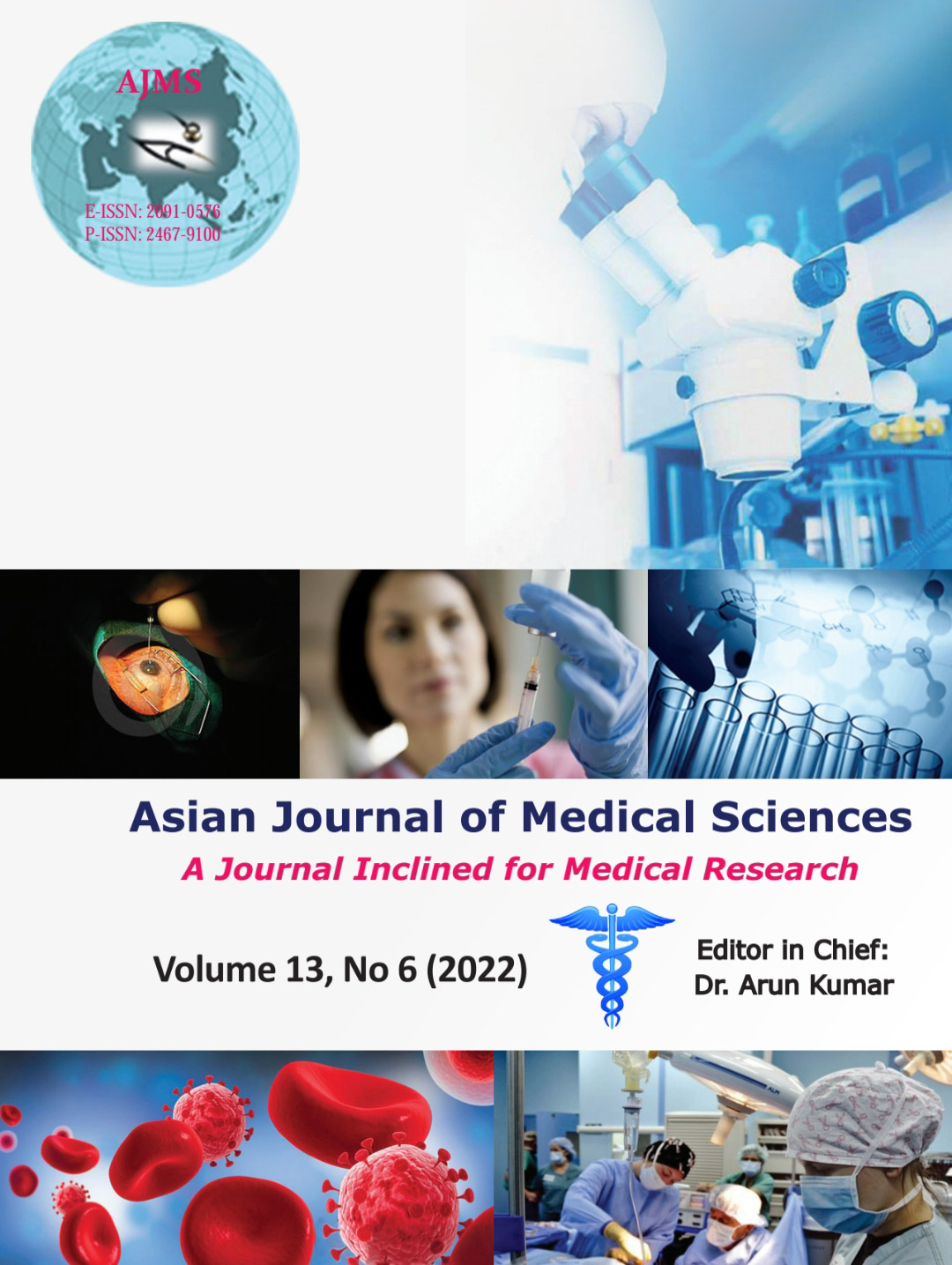Effect of acute aerobic exercise on short-term memory, long-term memory, and working memory in medical students of a tertiary care center in India: Possible role of endocannabinoids
Keywords:
Aerobic exercise, Endocannabinoids, Memory, Short termAbstract
Background: Recent studies have suggested that memory might benefit from physical exercise. Some studies also show that exercise has adverse effects on short-term memory. The number of studies on the effects of a single bout of exercise on memory is rather limited, and their results are inconsistent. In this study, we want to see the effect of a single bout of aerobic exercise on memory (short term and long term) when the learning session is before the exercise. We also want to see the effect of aerobic exercise on working memory when the learning session is after the exercise.
Aims and Objectives: The aim is to find the effect of aerobic exercise on working, short-term and long-term memory.
Materials and Methods: Sixty healthy medical students were divided into two groups of 30 each. Both groups were asked to listen
to 20 Arabic words (proper nouns) before the experiment. Students having any knowledge of Arabic were excluded from the study. Then, one group performed high-intensity exercise on a Bicycle Ergometer for 30 min and the other group silently relaxed on a chair. The subjects were asked to repeat the words heard after 20 min of exercise and 24 h of exercise. Data were recorded manually and analyzed statistically. In another experiment, the words were listened after the exercise was over, and the subjects were asked to recall after 20 min of exercise. Unpaired t-test was applied to compare the data between the two groups, and P-value and t-value were calculated.
Results: When the words were recalled 20 min after exercise, the mean number of recalled words was more in the relaxing group (RG) than in the exercise group, but the result was reverse when recall was made 24 h after the exercise, i.e., more recall by exercise group. When the learning session was after the exercise and subjects were asked to recall words 20 min after the exercise, we found more recall by RG than the exercise group.
Conclusion: We conclude that aerobic exercise has an adverse effect on short-term memory and working memory but has a beneficial effect on long-term memory.
Downloads
Downloads
Published
How to Cite
Issue
Section
License
Copyright (c) 2022 Asian Journal of Medical Sciences

This work is licensed under a Creative Commons Attribution-NonCommercial 4.0 International License.
Authors who publish with this journal agree to the following terms:
- The journal holds copyright and publishes the work under a Creative Commons CC-BY-NC license that permits use, distribution and reprduction in any medium, provided the original work is properly cited and is not used for commercial purposes. The journal should be recognised as the original publisher of this work.
- Authors are able to enter into separate, additional contractual arrangements for the non-exclusive distribution of the journal's published version of the work (e.g., post it to an institutional repository or publish it in a book), with an acknowledgement of its initial publication in this journal.
- Authors are permitted and encouraged to post their work online (e.g., in institutional repositories or on their website) prior to and during the submission process, as it can lead to productive exchanges, as well as earlier and greater citation of published work (See The Effect of Open Access).




